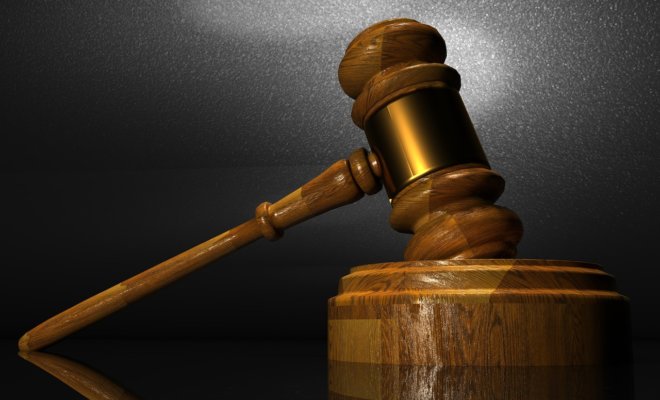NRI
Sikh Group Plans Judicial Review into UK’s Role in Operation Blue Star

Representational image
Photo: Creative Commons
The move comes as a UK tribunal hears evidence from FCO officials in a closed session on reasons for non-disclosure of classified files related to Operation Blue Star.
In a bid to mount pressure on the UK government, the Sikh Federation (UK) launched a process for judicial review into the nature of the country’s alleged involvement in Operation Blue Star of 1984. The move came even as the second day of the tribunal hearing, which sought the release of Cabinet Office and Prime Minister files related to the operation continued on March 7 , PTI reported.
Irish law firm KRW Law, which is representing the United Kingdom-based Sikh group, sent its “pre-action protocol” letter to UK Foreign and Commonwealth Office (FCO) for a judicial review in this case on March 5. The letter challenges the earlier refusal by the FCO for a public inquiry, which was later upheld by UK’s Information Commissioner in 2015. The process could end up in high court.
“The fact that military assistance was provided in the run up to the Amritsar Massacre (sic) is a matter of significant public concern…It is plain that to address public concern about what did or may have happened, a full inquiry needs to take place into the events of 1984,” the letter says. It argues that the Heywood Review, that took place in 2014 after files that point to British involvement in the operation were made public under the 30-year-rule, was inadequate.
“If there was direct involvement in the form of advice or assistance, then the British public should be made aware of this,” the letter says. Heywood Review, a result of what then Prime Minister David Cameron ordered his Cabinet Secretary Sir Jeremy Heywood to look into, concluded that the UK government’s role was purely “advisory,” months before the operation, and had “limited impact.”
The move comes as a UK tribunal hears evidence from FCO officials in a closed session on reasons for non-disclosure of classified files related to the operation. The officials believe that disclosure of files is going to pose a threat to national security and to UK’s relationship with India.
“This remains a highly sensitive issue and release of the information could have a detrimental effect on our relationship with India,” Owen Jenkins, former FCO Director for South Asia and Afghanistan, said at the First Tier Tribunal hearing in London, PTI reported.
A spokesperson for KRW Law, which is also representing freelance journalist Phil Miller on pro bono basis, said that it was unusual that the tribunal excluded them from their own appeal.
“The UK government’s position is untenable and we will make this argument strongly in our submissions. But granted the unjust advantage given to the government who holds the information with closed justice procedures excluding us from the proceedings, we rely upon the independent tribunal to push the British government to justify its untenable position,” Christopher Stanley of KRW Law said.
With the Congress, which was the ruling party in India then, no longer in charge in the country, they argue that the current BJP-led government would welcome the release. “Our understanding is that the BJP government of India has no objection to these files being made public. Yet, the British government continues to argue in favor of them remaining classified despite an overwhelming public interest in them,” he added.
According to Jenkins, nearly 92 per cent of the material had already been made public under the 30-year declassification rule. This is in contradiction to Miller’s research, which indicates that this figure refers to a very limited set of Prime Minister’s Office files as opposed to a set of UK Cabinet Office files between 1979 and 1985, which have been hushed.
“It shows that there is something to hide and that there was probably further British support that is being covered up,” Miller concluded. The tribunal is set to conclude the deliberation on March 8 with a judgement at a later date. The tribunal’s ruling can be appealed further to the Upper Tribunal, the High Court and Supreme Court.




You must be logged in to post a comment Login